Ten artykuł pochodzi z archiwum Dziennika Opinii Krytyki Politycznej.
**
From the 13th to the 17th November 2015, Project Forum will host the seventh annual Central European Forum in Bratislava. This year’s forum will look at the mass dissemination of disinformation and explore how this affects the way we perceive the world around us.
Below you can find information about this year’s theme, the speakers, the discussions and the whereabouts of all debate locations. Live streams of the main programme debates (see below) will be provided and linked to from this page. All debates are free entry, however, guests are advised to arrive early as places are likely to be in demand.
About this year’s Central European Forum:
In her famous essay Truth and Politics, Hannah Arendt argued that “freedom of opinion is a farce unless factual information is guaranteed“. In the countries of the ex-Eastern Bloc, people still remember how dangerous factual information was deemed to be under dictatorship. Yet, recently we have seen that it can be just as dangerous to a democracy when factual information is drowned out by myths, half truths and disinformation. Something which has become particularly true now that Europe has been plunged into a major crisis.
Over the past few months, Central and Eastern Europe, much of which only celebrated its psychological and physical return to Europe in the autumn of 1989, has started sliding back to the margins of Europe for reasons very different from those in the 20th century. It is not so much the influx of refugees that the region seems to be so worked up about, as the the influx of myths, half-truths and disinformation that help to formulate opinions and thus comprise the real danger.
On the eve of the anniversary of the Velvet Revolution, Central European Forum 2015 will provide a platform for the local population and writers, sociologists and political scientists from all over Europe to discuss the causes and possible solutions to the rise in disinformation. At the close of the first Central European Forum in 2009, Václav Havel said that “Slovakia enjoys a special position in our region” “as it is the only country that shares borders with all Central European countries, a position which seems to predestine it to discuss Central Europe and its relationship with other regions, Europe and the world as a whole”. In 2015, the seventh Central European Forum continues to stay true to Havel’s words and invites visitors to join them once more in Bratislava, as they turn their attention to disinformation, its forms, its rise and the impact it is having upon the region.
Interested in the Forum, but unable to be in Bratislava this November? Don’t worry, the Forum’s main debates will be being live streamed (see below in the programme to discover which debates this applies to) here on Time to Talk, with links to the streaming pages appearing both here and on our main page on debate days.
Programme:
FRIDAY 13.11.2015
17:30 – 18:15
Astorka – Korzo ’90 Theatre
Opening ceremony
(live streamed)
Opening speakers: Egon Gál, Robin Gosejohann and Pavel Tychtl
18:15 – 20:00
Astorka – Korzo ’90 Theatre
The problem with memory
(live streamed)
Memory helps shape our lives. Two totalitarian regimes have left an indelible mark on Europe’s present, especially in terms of our attitude to refugees, to Russia and to our common European home. What does historical memory mean and what can we understand as its converse: is it amnesia or doctored memory?
Speakers: Eva Hoffman and Bernhard Schlink
Moderator: Siobhan Kattago
SATURDAY 14 NOVEMBER 2015
11:00 – 12:15
Pisztory Palace
Povinné čítanie inak [A new take on set books]
Theatre Forum and a performance by Divadlo bez domova [The Theatre Without a Home]
16:00 – 18:00
Astorka – Korzo ’90 Theatre
Good Putin
(live streamed)
How much of Europe and how much of Asia have the countries of the former Soviet Union inherited? And, which of these legacies is most dominant in the countries of Central Europe?
Speakers: Oksana Zabuzhko and Viktor Yerofeyev
Moderator: Chris Keulemans
18:15 – 20:15
Astorka – Korzo ’90 Theatre
The new enlightenment
(live streamed)
Is there something hypocritical about the values of pluralism and tolerance Europe has been built upon? Has the time come to rethink the Enlightenment?
Speakers: Pascal Bruckner, Patrik Ouředník, István Rév and Haris Pašović
Moderator: Michal Havran
20:30 – 21:15
Astorka – Korzo ’90 Theatre
The Night Forum with Oksana Zabuzhko
SUNDAY 15 NOVEMBER 2015
11:00 – 12:30
Astorka – Korzo ’90 Theatre, Trezor, the theatre’s studio stage
A History of resistance
Back in the USSR: A history of Russian rock. Film screening followed by a discussion with Leonidas Donskis and Artemy Troitsky.
Moderator: Juraj Kušnierik
14:00 – 15:30
Astorka – Korzo ’90 Theatre, Trezor, the theatre’s studio stage
Salon of the independents
On autonomous thinking, critique of capitalism and the Kremlin’s arguments.
Introduction: Jurko Prochasko
Speakers: Tony Curzon Price and Sławomir Sierakowski (t.b.c.)
Moderator: Thierry Chervel
16:00 – 18:00
Astorka – Korzo ’90 Theatre
Welcome to Europe!
(live streamed)
In the countries that used to constitute the Eastern Bloc, politicians, right across the political spectrum, insist: “There is no such thing as a right to asylum!”. They base their arguments on concerns about the alien cultures of many of those coming to Europe, yet does co-habitation with Muslim communities entail any real danger for the inhabitants of Eastern Europe?
Speakers: Shams Asadi, Gilles Kepel, Ivan Krastev, Robert Menasse, Olumine Popoola and Michal Hvorecký
Moderator: Chris Keulemans
18:15. – 20:00
Astorka – Korzo ’90 Theatre
Visegrád under fire
(live streamed)
What has happened to the Europe of the Visegrád Four?
Speakers: Adam Michnik, Martin C. Putna, Martin M. Šimečka and Gaspar Miklós Tamás.
20:15. – 22:00
Astorka – Korzo ’90 Theatre
Night Forum with Bernhard Schlink
–
Wydarzenia w ramach Central European Forum 2015 organizowane są w ramach międzynarodowego cyklu debat „Challenges to Europe’s key values, and the Future of Europe” we współpracy z europejską siecią domów debaty Time to Talk.



 Wspieraj
Wspieraj 

 Wspieraj
Wspieraj  Wydawnictwo
Wydawnictwo 
 Zaloguj się
Zaloguj się 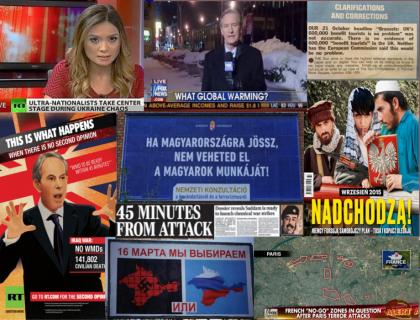
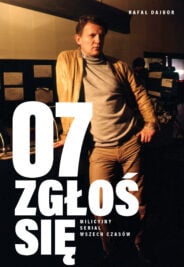
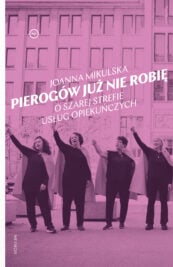



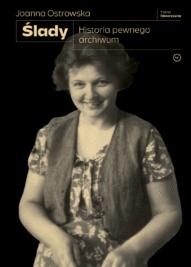
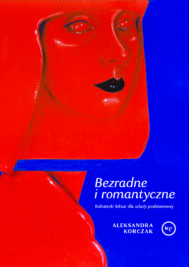
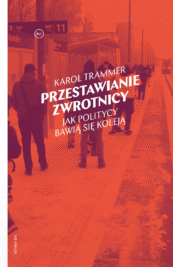
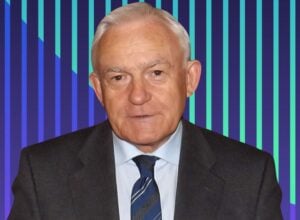
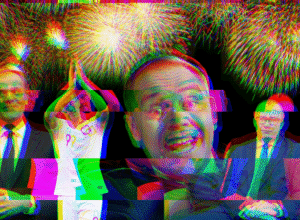
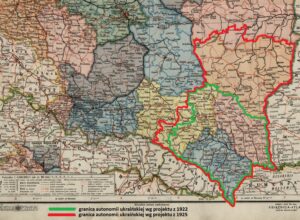

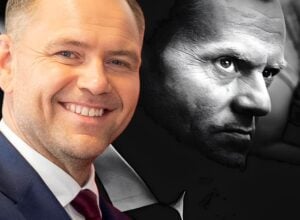
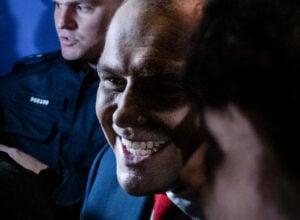

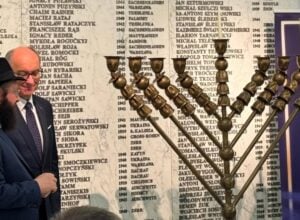
Komentarze
Krytyka potrzebuje Twojego głosu. Dołącz do dyskusji. Komentarze mogą być moderowane.